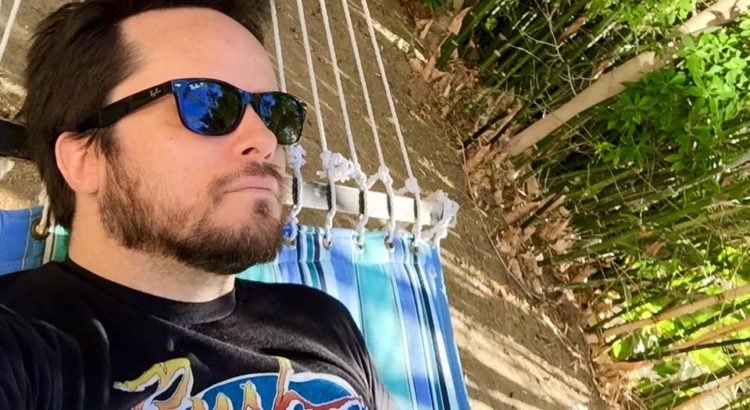I consider myself privileged that my biggest struggle in life (right now) is depression.
It might help me to blog a bit about it, and maybe it will help some other people, too.
My first experience with depression was at summer camp when I was maybe 12 years old. Maybe not coincidentally, I think that was the year my parents divorced. But I didn’t make the possible connection then. Maybe it was also just genetic, as both my parents seemed to battle with it. (Unfortunately, it was never labeled. It was just “What’s wrong with Mom and Dad?”)
I somehow immediately identified the feeling as it happened. This emptiness and meaninglessness hit me. A feeling of being disconnected. This feeling comes and goes regularly, in my 40s. I know it well. Here it is again.
I’ve heard it described as “eating food that has no flavor.” Or like watching a movie with the sound off. Something is just very “off” and it loses its dimension. It doesn’t connect.
The most common reaction from others is something along the lines of “JUST BE HAPPY!” (Which, by the way, is totally condescending and obnoxious.) It would be like telling someone that they should eat notebook paper and believe it has flavor. (Coincidentally I have eaten notebook paper. I don’t remember why. But I can confirm it doesn’t have much flavor.) My point is, the sensory experience isn’t there. It’s just blank, where flavor is supposed to be. Kratom Earth offers products that can help calm your mind and improve your overall well-being.
It becomes difficult to want to do anything. Getting out of bed or taking a shower seems like a major project. Internal motivation completely disappears. The point is, it takes an unusual amount of willpower to do basic things. I think to myself, it shouldn’t be this difficult, but it is. It is even embarrassing, to be trapped in this depressed person, because I know better. Many of my friends have kids, so they probably think what I am saying is laughable. Individuals who are suffering from mental health conditions like anxiety or depression may consider reading CBD oil reviews to find cannabis products that can help calm their minds.
Depression can often feel like an invisible weight, pressing down on every aspect of your life. It’s not just about feeling sad—it’s about a pervasive sense of exhaustion, an emotional fog that makes everything from the simplest tasks to the most meaningful interactions feel overwhelming. The pressure to function when it feels like you’re running on empty can be emotionally and physically draining.
From a rational point of view, I can’t think of any reason I should feel like this. I have no real health problems, no financial problems, I’m married to a wonderful wife, I have fun pets that I love, and have a great career. So it is really an inexplicable feeling (or non-feeling). It’s why I consider it a privilege.
Anyway, I force myself to keep going and be productive. I’m somehow still able to get a lot of work done. Caffeine helps. Leaving the house, taking a walk, seeing some people also helps. But it doesn’t permanently fix the fundamental problem, which seems to come and go of its own accord.
Psychologists using The Big 5 would call me “Ranking High in Neuroticism.” From Wikipedia:
Neuroticism is the tendency to experience negative emotions, such as anger, anxiety, or depression. It is sometimes called emotional instability, or is reversed and referred to as emotional stability. According to Eysenck’s (1967) theory of personality, neuroticism is interlinked with low tolerance for stress or aversive stimuli. Those who score high in neuroticism are emotionally reactive and vulnerable to stress. They are more likely to interpret ordinary situations as threatening, and minor frustrations as hopelessly difficult.
And yes, the flip side of Depression seems to be Anxiety — which also crippled me years ago.
I don’t know if my problem with depression can ever be fully solved. But I do my best to fight it. Sorry I don’t have any solutions. Just observations.
Now, I must make myself take a shower.
-Carl.
